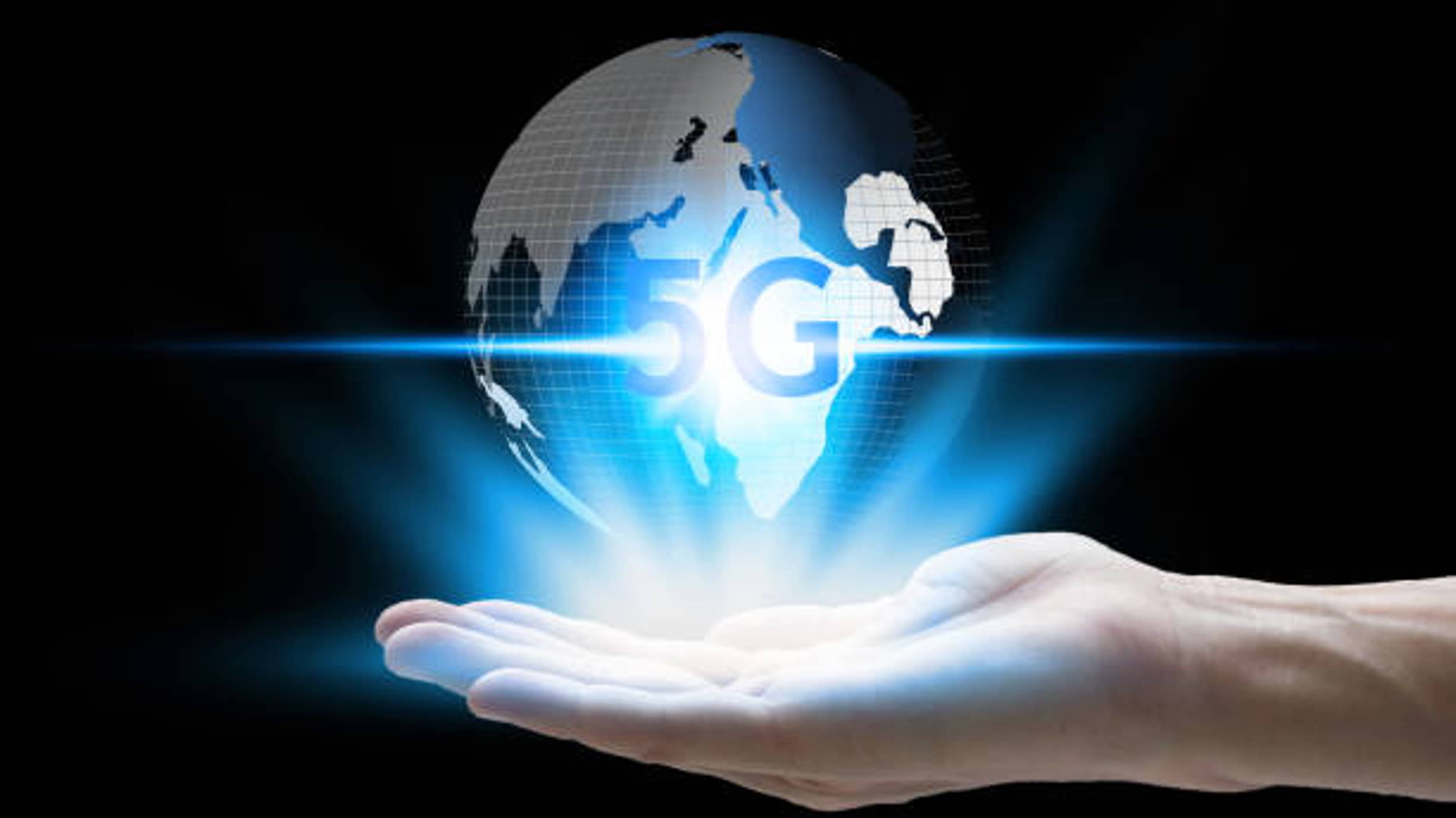We expect that using the Internet and communicating will fundamentally alter with the introduction of 5G, or fifth-generation cellular networks. Explore the transformative Impact of 5G Technology on Telecommunications landscape. Understand how increased connectivity is shaping the future of communication.
Over earlier cellular network generations, 5G has a number of benefits, such as:
- Faster speeds: 5G can provide peak data rates of up to 100 Gbps, which is about 100 times faster than 4G LTE. This means that users will be able to download movies, stream videos, and play games at lightning speeds.
- Lower latency: Latency is the amount of time it takes for data to move between two points. Virtual reality and self-driving cars both require real-time applications with low latency, which 5G may provide.
- Greater capacity: When compared to past generations of cellular networks, 5G has a far larger capacity for connected devices.
This is necessary for the Internet of Things (IoT), which will link billions of devices to the Internet.
It is anticipated that 5G technology will have a substantial influence on telecommunications. New services and applications that were not available with earlier cellular network generations will be made possible by 5G. One or more of the potential uses for 5G is:
- Virtual reality and augmented reality: 5G’s high speeds and low latency will make it possible to stream high-quality virtual reality and augmented reality content without any lag. This will open up new possibilities for gaming, education, and entertainment.
- Self-driving cars: 5G’s low latency is essential for self-driving cars to communicate with each other and with the surrounding infrastructure. This will make self-driving cars safer and more efficient.
- Remote surgery: 5G’s high speeds and low latency will make it possible for surgeons to operate on patients remotely. This will improve access to healthcare in rural areas and developing countries.
- Industry 4.0: 5G will be a key enabler of Industry 4.0, the fourth industrial revolution. Industry 4.0 involves the use of automation, robotics, and big data to improve manufacturing processes. 5G’s high speeds and low latency will be essential for the real-time communication and coordination of these technologies.
- Smart cities: 5G can be used to create smart cities, which are cities that use technology to improve the lives of their citizens. For example, 5G can be used to improve traffic management, energy efficiency, and public safety.
- Telehealth: Telehealth services, which let patients get medical attention from doctors and other healthcare professionals remotely, can be offered using 5G technology. This can improve access to healthcare, especially in rural areas.
- Education: 5G can be used to provide online education, which allows students to learn from anywhere in the world. This can make education more accessible and affordable.
Entertainment: Immersive entertainment experiences that 5G may provide include virtual reality and augmented reality. This might increase the entertainment’s realism and involvement.
These are just a few of the potential applications of 5G technology. As 5G networks are deployed, we can expect to see many new and innovative applications emerge.
Challenges to the Deployment of 5G
The deployment of 5G technology faces a number of challenges, including:
- Spectrum availability: 5G requires a lot of spectrum, which is a limited resource. Governments will need to allocate more spectrum for 5G in order to meet the demand for this technology.
- Deployment costs: The deployment of 5G infrastructure is expensive. Telecom operators will need to invest billions of dollars in order to build 5G networks.
- Security concerns: 5G networks are more vulnerable to cyberattacks than previous generations of cellular networks. Telecom operators will need to implement strong security measures to protect 5G networks from attack.
- Consumer adoption: 5G devices are still relatively expensive, and consumers may be slow to adopt this new technology.
Despite these challenges, the deployment of 5G technology is expected to continue. 5G has the potential to revolutionize the way we communicate and access the Internet, and telecom operators are eager to capitalize on this opportunity.
Click Here to check more articles:
Conclusion
5G will make it feasible for new applications and services that were not conceivable with earlier generations of cellular networks because of its quicker speeds, lower latency, and more capacity.
The deployment of 5G faces a number of challenges, but the potential benefits of this technology are significant. Telecom operators are eager to deploy 5G networks, and the widespread adoption of this technology is expected to happen in the coming years.
Here are some of the specific benefits of 5G technology:

- Improved mobile broadband: 5G will provide faster and more reliable mobile broadband, which will be essential for streaming high-definition video, gaming, and other data-intensive applications.
- Enhanced mobile Internet of Things (IoT) connectivity: 5G will enable a much larger number of connected devices, which will be essential for the development of new IoT applications in areas such as smart cities, healthcare, and manufacturing.
- Improved public safety: 5G will be used to support new public safety applications, such as real-time video streaming from body-worn cameras and drones.
- Enhanced remote working: 5G will make it possible for people to work remotely more effectively, with faster and more reliable connections.
- New business opportunities: 5G will create new business opportunities in areas such as augmented reality, virtual reality, and self-driving cars.
The impact of 5G technology on the telecommunications industry is expected to be significant. 5G will create new opportunities for telecom operators, but it will also pose challenges. Telecom operators will need to invest heavily in 5G networks and devices, and they will need to develop new business models to take advantage of this new technology.
In general, 5G technology has the ability to completely change how we access the Internet and interact. It is an innovative technology that has the ability to enhance our quality of life and work.


